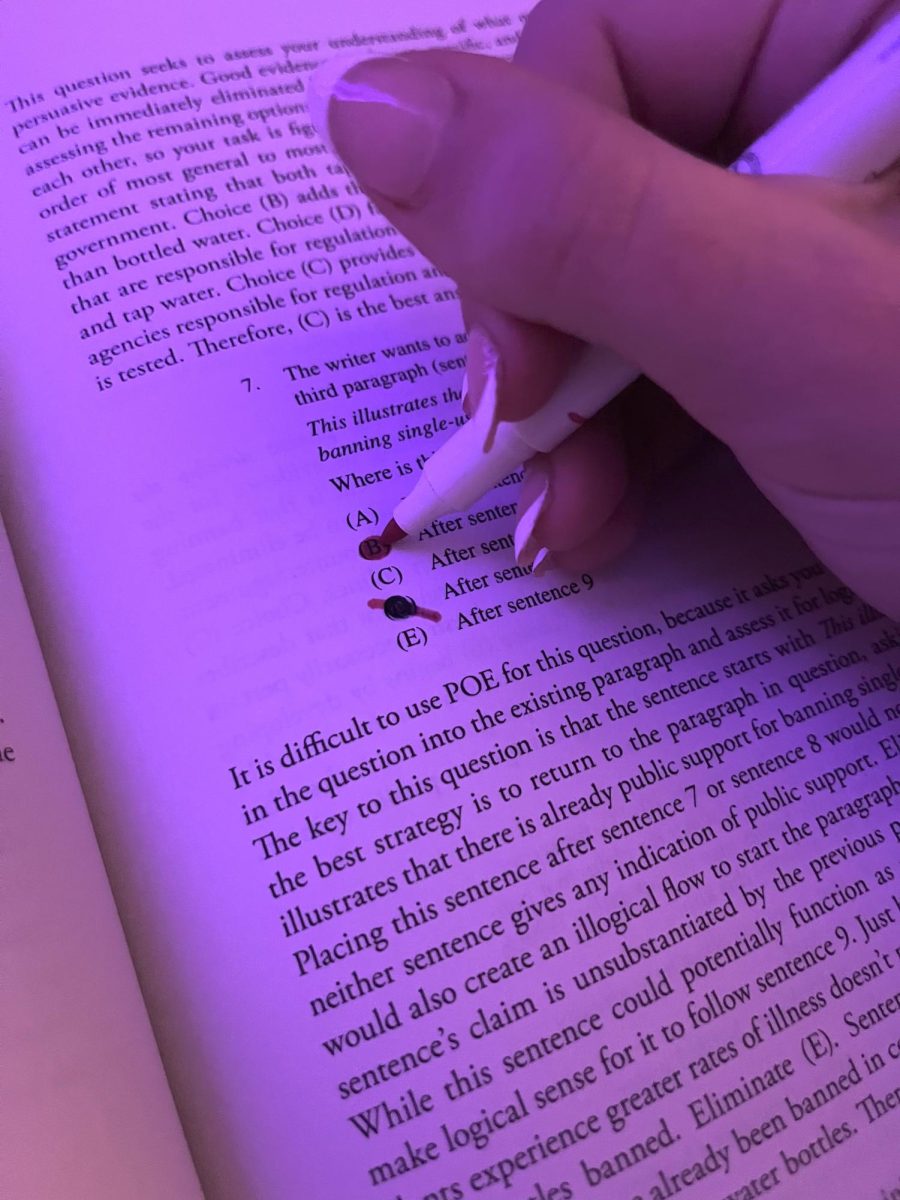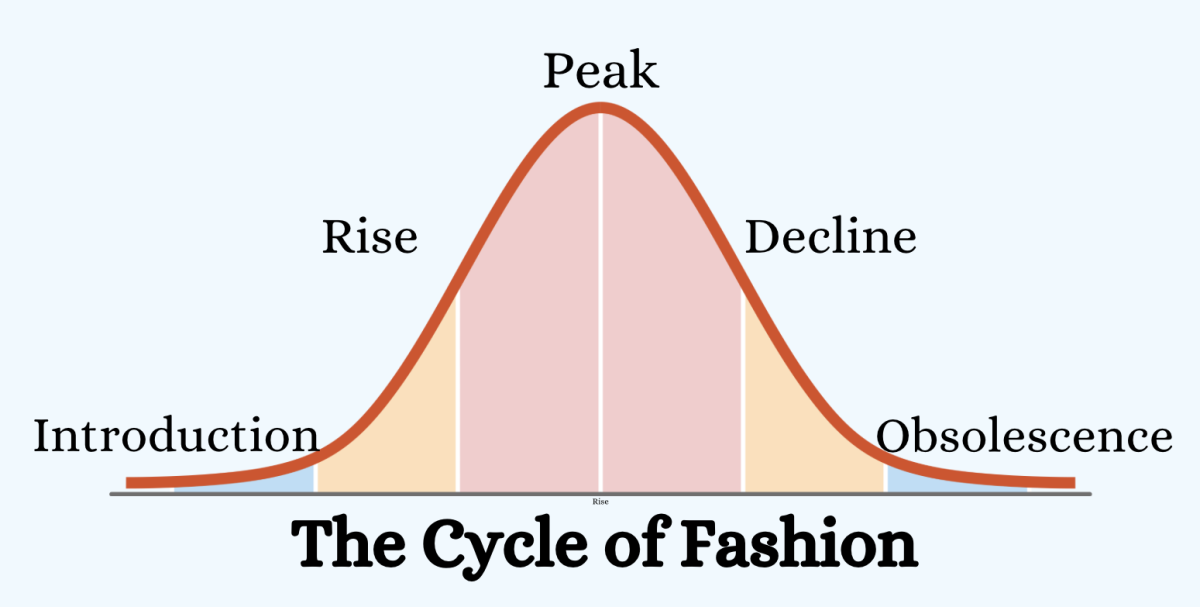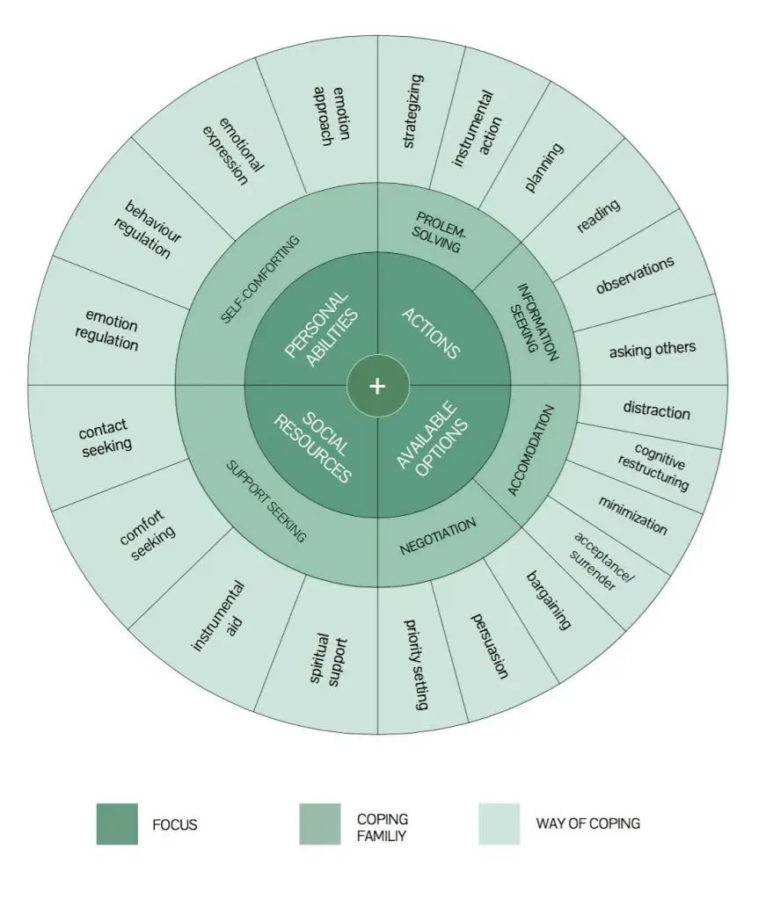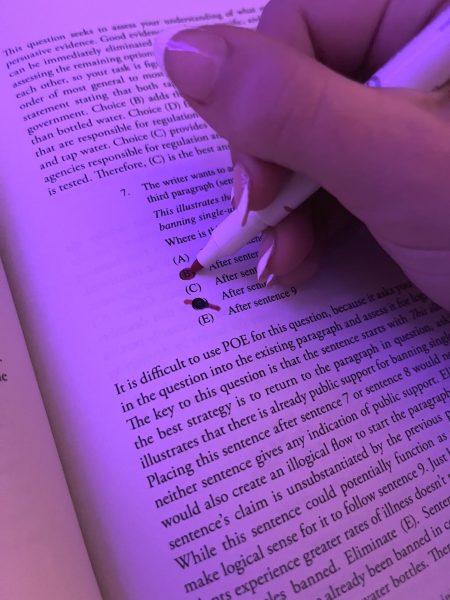Understanding Coping Mechanisms
In honor of Mental Health Awareness Month, here is a powerful tool to use when you’re in need of a healthy coping strategy. Feel free to save it and use it whenever you or someone you know needs it!
June 2, 2023
Over the past few years, we’ve all developed some coping habits that may not be the best for our overall health. Whether it’s sleeping too much, numbing your brain by scrolling on social media, or turning to things that cause you physical harm, it’s hard to break away from these habits and turn to something more sustainable. From someone who struggles with the same patterns, doing these things does nothing to benefit my mental health in the long run. Learning to reshape our habits is no easy feat, but self-awareness is the first step to a healthier life.
To understand how to reform our current habits, we should take the time to understand them. There are several different categories of coping mechanisms, containing both good and bad methods. Emotion-focused coping can look like regulating one’s emotional distress by altering the emotional response, which may not address the stressor. This can be good for maintaining a locus of control but can quickly get into dangerous territory if used to avoid the problem completely. In contrast to emotion-focused coping, problem-focused coping is the attempt to control stressors by defining and interpreting them, planning solutions, and choosing a course of action. The approach is great for finding solutions to a problem; however, it is only effective if the individual has control over the outcome. Meaning-focused coping, on the other hand, employs cognitive strategies to process and make sense of the meaning of a situation. Like emotion-focused coping, this strategy is best used when one cannot control the situation. Religion, spiritual beliefs, beliefs about justice, values, and existential goals may influence someone’s tendency to exhibit a meaning-focused coping style. Social coping, or “support-seeking,” is when a person seeks emotional support from the community. While young children may look to their parents for support, adolescents begin soliciting the support of their peers or themselves. Finally, avoidance-focused coping can be described as avoiding the stressor by pursuing an alternate task. Although this method involves withdrawing or dissociating from a stressful situation, there are a few situations where this skill is useful (positivepsychology.com).
Now that we know more about different coping styles, we can learn healthy ways to implement them into our personal lives.
Emotion-Focused Coping:
- If you struggle with:
- Staying busy to avoid problems
- Failing to talk about your emotions
- Using toxic positivity
- You should try:
- Using cognitive reframing to adapt to adversities
- Meditation and breathing techniques to calm the mind and relax the body
- Journaling as a way to develop ideas and examine one’s current understanding of the situation as opposed to direct problem-solving
- Positive thinking and forgiveness to refrain a transgression, thus promoting healthy behaviors and contributing to psychological wellbeing
Problem-Focused Coping:
- If you struggle with:
- Over-analyzing a problem
- You should try:
- Determining an alternative solution as an effective method for handling dilemmas. This process involves the collection of complete information, planning, and coming up with effective decisions to deal with the challenge
Meaning-Focused Coping:
- If you struggle with:
- Overthinking/catastrophic thinking. Studies suggest that rumination may predict symptoms such as depression, anxiety disorders, substance abuse, eating disorders, and posttraumatic stress disorders following trauma.
- You should try:
- Finding the “good” in a bad situation
Social Coping:
- If you struggle with:
- Isolation from friends and family as a coping mechanism
- Excessive venting, resulting in overly fixating on the issue
- You should try:
- Eliciting the help of a counselor or therapist
- Talking with a trusted friend or colleague. Confiding in someone not only allows you to express your emotions, which increases well-being, but it increases interpersonal intimacy
Avoidance-Focused Coping:
- If you struggle with:
- Substance abuse, such as alcohol or drugs. The health consequences are destructive, and ultimately, the problem remains unsolved.
- Denial and behavioral disengagement… “brushing it under the rug.”
- Impulsive spending, which is harmful not only to your pocket but to your underlying stressor as well
- Overeating/undereating
- Self-harm is behavior that is sometimes used for emotional regulation. Individuals who exercise self-harm report experiencing a release from negative emotions; however, this method is not effective in problem-solving, nor is it beneficial to one’s physical and mental health.
- You should try:
- Controlled distraction, or self-distraction, takes your mind off a situation. These activities may include watching TV, listening to music, shopping, or just picturing yourself in a place you feel comfortable. Of course, it is recommended that any distraction is in moderation.
- Exercise to help allow you to walk away from a problem and refocus, plus the health benefits of exercise are countless. There is a link between regular physical activity, lower psychological distress, and overall positive neurobiological response.
Many people fall into the trap of using unhealthy coping mechanisms, but by doing so, you are only going to spiral into misery even further.
— Lancy Shi (11)
As with any habit in life, it is important that the behavior does not become excessive or impulsive. Having too much of a good thing is possible – even exercise! “The most important thing when it comes to recovery is defining the problem and working towards fixing it in a healthy way,” Lancy Shi (11) shares, expressing empathy for those struggling to break away from unhelpful habits, “For example, you should talk to someone about it instead of holding it all in. Many people fall into the trap of using unhealthy coping mechanisms, but by doing so, you are only going to spiral into misery even further.” Unfortunately, stress is unavoidable. I hope sharing these coping strategies will help you begin the journey of a healthier life and enable you to even be able to turn stressors around into positive self-growth. If you, or someone you know, is struggling with serious mental health issues, call 988 to get in contact with the National Mental Health Hotline, or text HOME to 741741 to reach a trained Crisis Counselor through Crisis Text Line. Remember, no matter how bad things get, you aren’t alone.











































